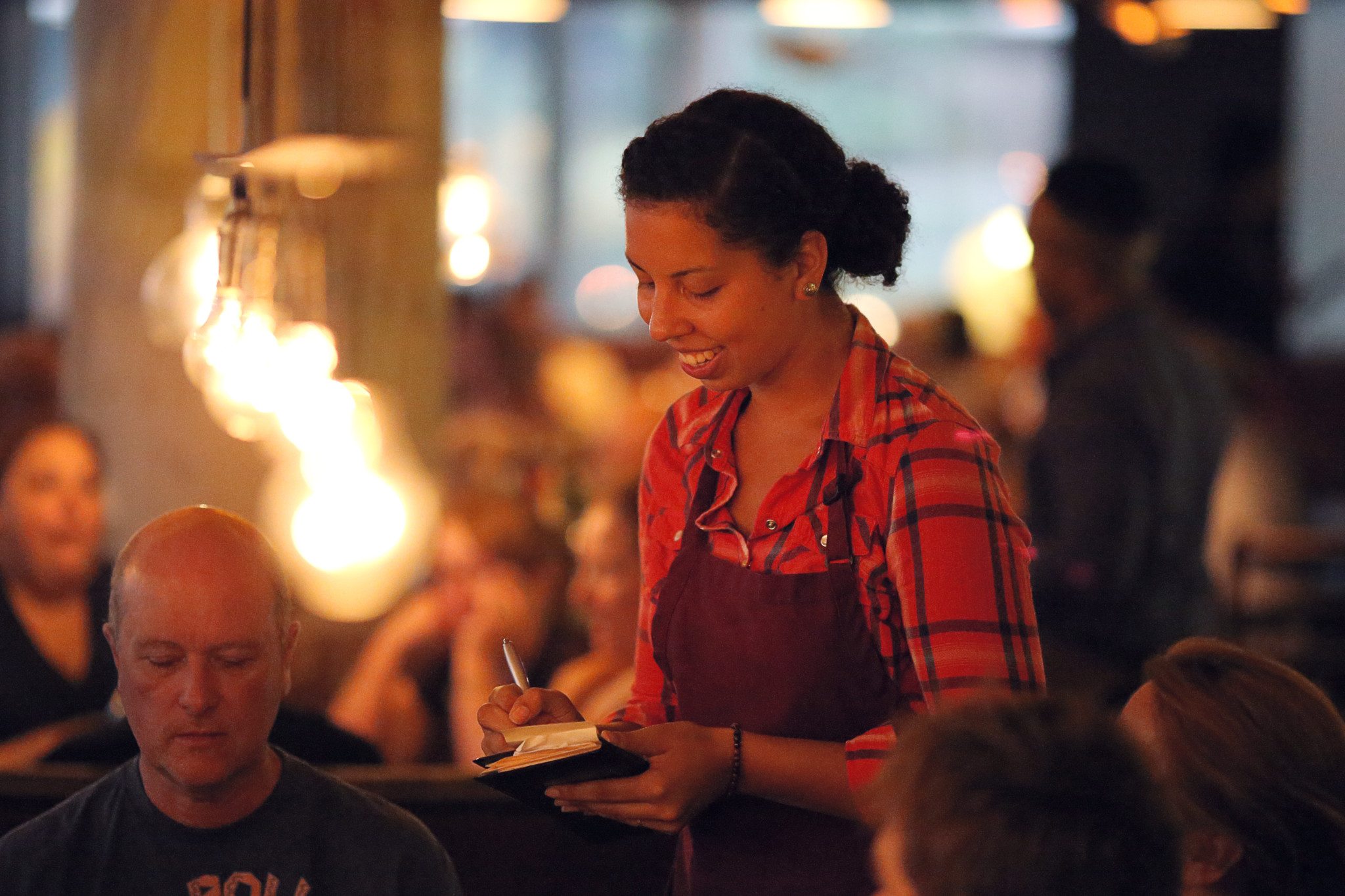Always striving for industry insight to better serve our clients, we went straight to our very own, Dan Simons, for his insight on this topic. Is one model better for business? What are the differences? What sets the daily operations of these two entities apart?
Here’s Dan’s take:
Resources. Chain restaurants have the benefit of more resources. From purchasing and food safety to facility management and more employees to expedite the workload, all can lead to positive results. On the other hand, many independents are under-resourced for these areas of operations and more, oftentimes leaving them feeling like they are fighting a never-ending battle.
Process. Independents can benefit from no bureaucracy. As independents are generally lean with regard to authority, the decision making process tends to be swift. While chains can get lost in the sometimes-endless red tape and slow process of making day to day decisions.
Creativity. Guests who frequent chain restaurants come to expect a level of consistency throughout the brand. Chains tend to build systems to ensure replication and thus keeping customers content. In many ways this is considered a strength, as consistency and smooth, daily practices help create a successful restaurant business. But, if guests translate this to a cookie cutter operation, chains can get dinged for that — a catch-22 for chains in today’s environment. On the other side of that coin, independents might admire the stability and control of chains, but independents benefit from and  enjoy the freedom and inspiration of creativity, as well as their ability to connect with* local guests and
enjoy the freedom and inspiration of creativity, as well as their ability to connect with* local guests and
the community.
All In. Dan’s recipe for success re: How Restaurant Chains Run Differently than Independent Restaurants? A cohesive blend of independent on the surface and corporate/chain under the hood, all without allowing leadership to get stuck in the ivory tower, can prove a winning restaurant business model.
*a server connecting with a guest. photo courtesy of Founding Farmers DC
